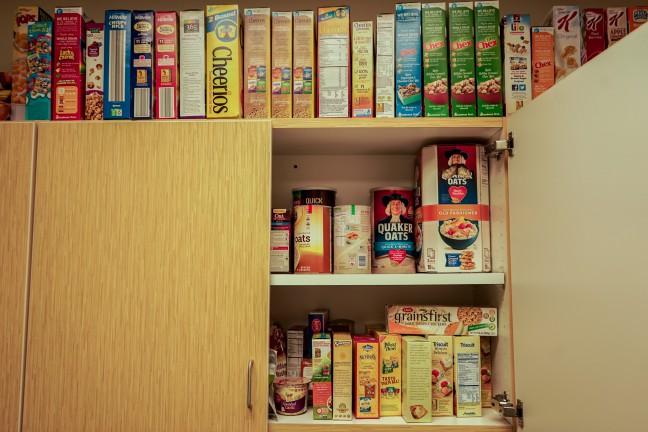The U.S. government narrowly escaped shutdown last weekend, renewing concerns about the fate of federal food assistance programs during potential closures. According to the U.S. Department of Agriculture, 708,200 Wisconsinites receive assistance from the Supplemental Nutrition Assistance Program , the most important anti-hunger program in the country.
If a government shutdown were to last over 30 days, these low-income individuals — who make up a whopping 12% of the state population—would be forced to find alternate ways to obtain food. A lengthy government closure does not seem out of the realm of possibility as the most recent shutdown of 2018 lasted for 35 days.
With a majority of Wisconsin’s SNAP recipients falling below the national poverty line, this raises serious concerns for food security. While food pantries, like Madison’s River Food Pantry, were preparing for a surge in demand for their services, it is not practical to rely upon these community organizations to provide for a significant population on short notice.
A volunteer at the River Food Pantry told Spectrum News 1 that individuals already wait up to two and a half hours to access the organization’s food services. Food pantries are already overburdened, making it unrealistic for them to replace large-scale programs like SNAP for extended government shutdowns.
Without continued government funding, federal programs, like the Special Supplemental Nutrition Program for Women, Infants, and Children would only have enough funds to last a few days, according to the Milwaukee Journal Sentinel. The article claims that even SNAP almost ran out of funds during the 2018 shutdown. Even worse, many federal employees are furloughed during government closures, which could further contribute to the demand for food assistance.
To avoid a crisis in food security, the major federal food assistance programs must be protected from defunding. Is arguable that a safeguard of these programs might take away an incentive for Congress to work towards government reopening with urgency. But with lawmakers extending the 2018 shutdown until programs like SNAP were nearly out of funds, it is clear that protecting these programs is not their priority.
UW Homecoming week to be filled with events, activities, music
The government has already created protections for programs like Medicare, Social Security and the U.S. Postal Service to maintain public welfare during shutdowns. It is critical that food assistance programs also receive these safeguards as a significant portion of the U.S. population is dependent upon them. States might also set aside backup funds to fuel food assistance programs when they are stripped of support from the federal government.
Regardless of whether a safeguard is created at the federal or state level, there is an obvious need to protect programs like SNAP that cater to the livelihoods of countless Wisconsin residents.
Aanika Parikh ([email protected]) is a sophomore studying molecular and cell biology.




















